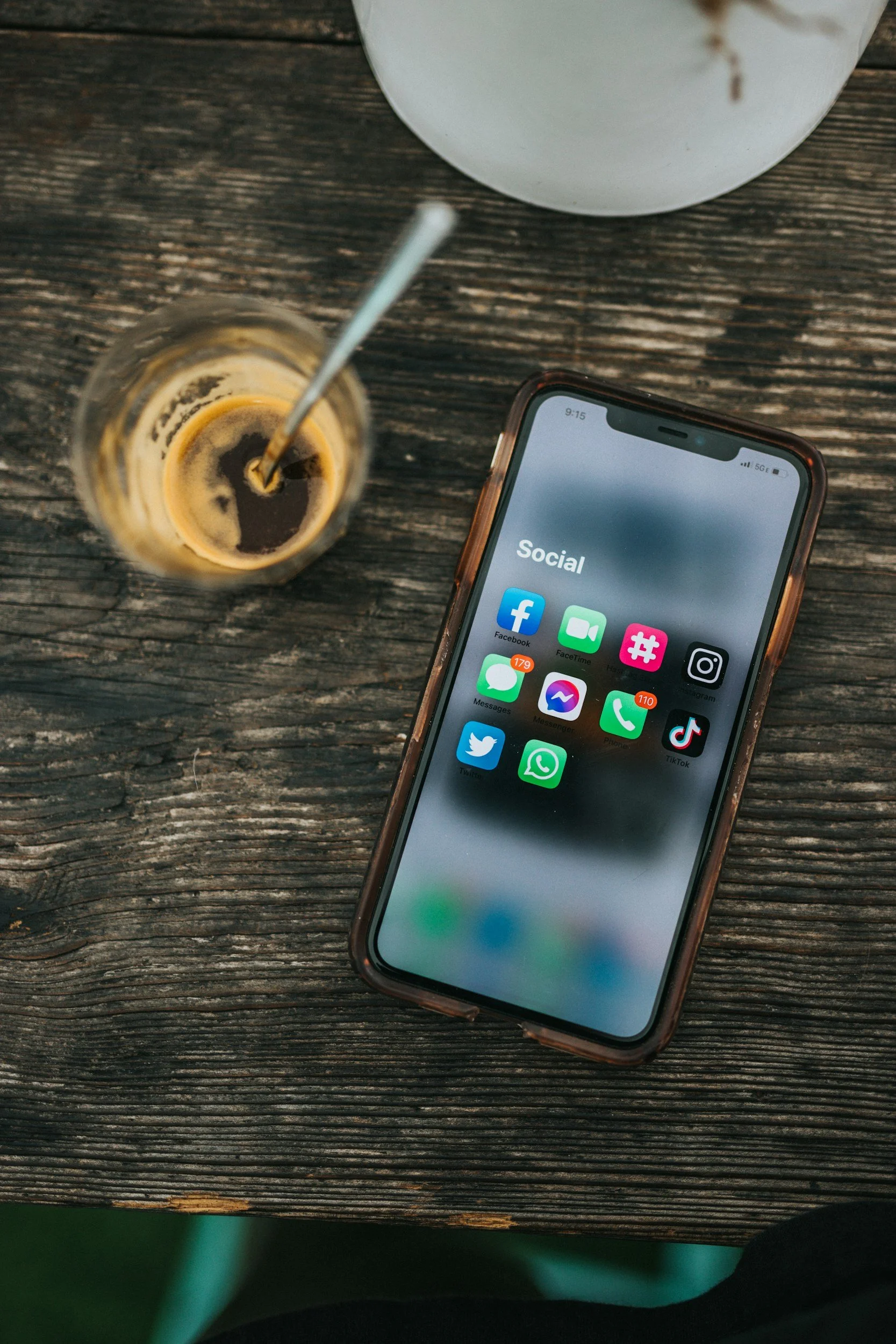By Kathi Mestayer
In May 2023 a press release announced a new U.S. Department of Health and Human Services initiative, the Commission on Social Connection, focusing on the importance of social activities to our health and well-being. U.S. Surgeon General Vivek Murthy, M.D., is leading the program that aims to improve the well-being of people as we age by increasing social connectedness.
The statistics are attention grabbing: “The physical health consequences of poor or insufficient connection include a 29 percent increased risk of heart disease, a 32 percent increased risk of stroke, and a 50 percent increased risk of developing dementia for older adults. Additionally, lacking social connection increases the risk of premature death by more than 60 percent,” according to the press release.
The Surgeon General’s 2023 Advisory on the Healing Effects of Social Connection and Community goes into great detail about the basis, priorities, and importance of creating better social connections as we age. “Lacking social connection is as dangerous as smoking up to 15 cigarettes a day,” the report says.
According to the U.S. Surgeon General’s Advisory on the Healing Effects of Social Connection and Community, “While the effects of social connection on health are clear, research also helps explain how our level of social connection ultimately results in better or worse health. A key part of the explanation involves understanding how social connection influences behavioral, biological, and psychological processes, which in turn influence health outcomes. A large body of evidence has identified several plausible pathways,” detailed in this graphic. Credit: Office of the U.S. Surgeon General
Collecting the Data
The research supporting the importance of social connectedness as a health issue has been developing for decades, in a variety of disciplines.
Ira Flatow, host of the NPR show “Science Friday,” interviewed Linda Waite, Ph.D., the principal investigator of the National Social Life, Health and Aging Project (NSHAP), a program of the National Institute on Aging.
NSHAP is based at the National Opinion Research Center at the University of Chicago, where Waite is a professor of sociology. The NSHAP team’s research focuses on how social connection (and lack thereof) impacts the health of our aging population.
Their project began almost two decades ago, with researchers collecting data on various aspects of the lives of the participants, more than 3,000 of them, with a focus on social connection and broader health issues. On a 2019 “Big Brains” podcast by the University of Chicago, Waite advocates for a more holistic approach to health, noting that NSHAP’s results provide strong evidence linking a lack of social connection with a variety of health issues.
In the “Science Friday” episode, which aired in December 2023, Waite says, “So we’ve known for a while that, just as a predictor of mortality, the quality of your social relationships is more important than whether you smoke.”
And, she explains, hearing loss plays a part in this. “Unremediated poor hearing increases risk of loneliness…. If it’s more costly for you to go out and do something because you can’t hear, especially in restaurants or crowded rooms, then you don’t do it as much or you don’t get as much out of it because you missed a lot of the conversation. So we see that people with poor hearing—older adults with poor hearing—are more likely to feel lonely.”
Numerous papers published in The Lancet have linked untreated hearing loss to a greater risk of cognitive decline, including dementia. It is not known exactly why there is an association between untreated hearing loss and cognitive issues. One theory is that when we cannot fully hear, it is more challenging to participate in social situations.
We may start to avoid social events or situations we know will be noisy. This can lead to isolation, and research has shown a greater dementia risk tied to social isolation.
Going Global
Also in December 2023, a new global program to improve social connection, aimed at an even broader audience, was announced. The World Health Organization created a Commission on Social Connection, cochaired by Murthy.
According to the WHO, the new commission “will define a global agenda on social connection, raising awareness and building collaborations that will drive evidence-based solutions for countries, communities, and individuals.” In addition to Murthy, the commissioners include Haben Girma, the deafblind advocate and activist.
The implications of social isolation are now being recognized on a global scale, affecting the aging population at large. Although these problems will not be solved overnight, it’s encouraging to know that they are getting attention as priorities.
Staff writer Kathi Mestayer is the vice chair of the Greater Richmond Hearing Loss Association, and has served on the advisory board of the Virginia Department for the Deaf and Hard of Hearing. This story appears in the Spring 2024 issue of Hearing Health magazine.








These findings suggest that the ability to integrate what is seen with what is heard becomes increasingly important with age, especially for cochlear implant users.